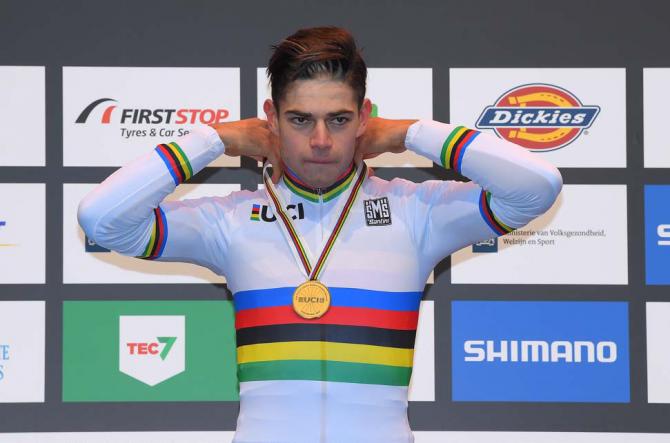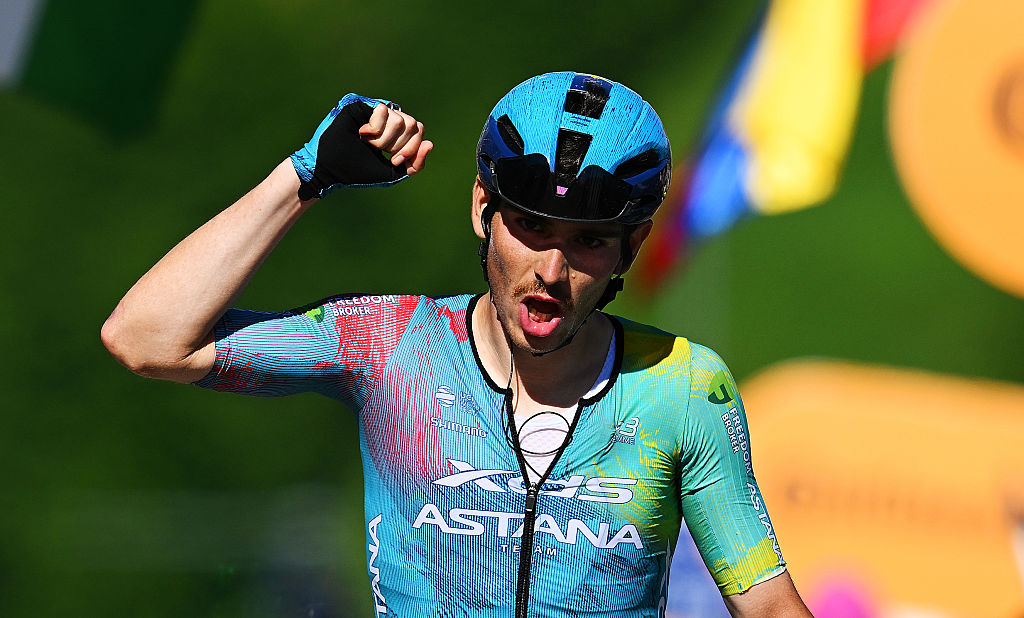Wout Van Aert: Belgium's next big thing?
The cyclo-cross world champion who could be a future Classics star
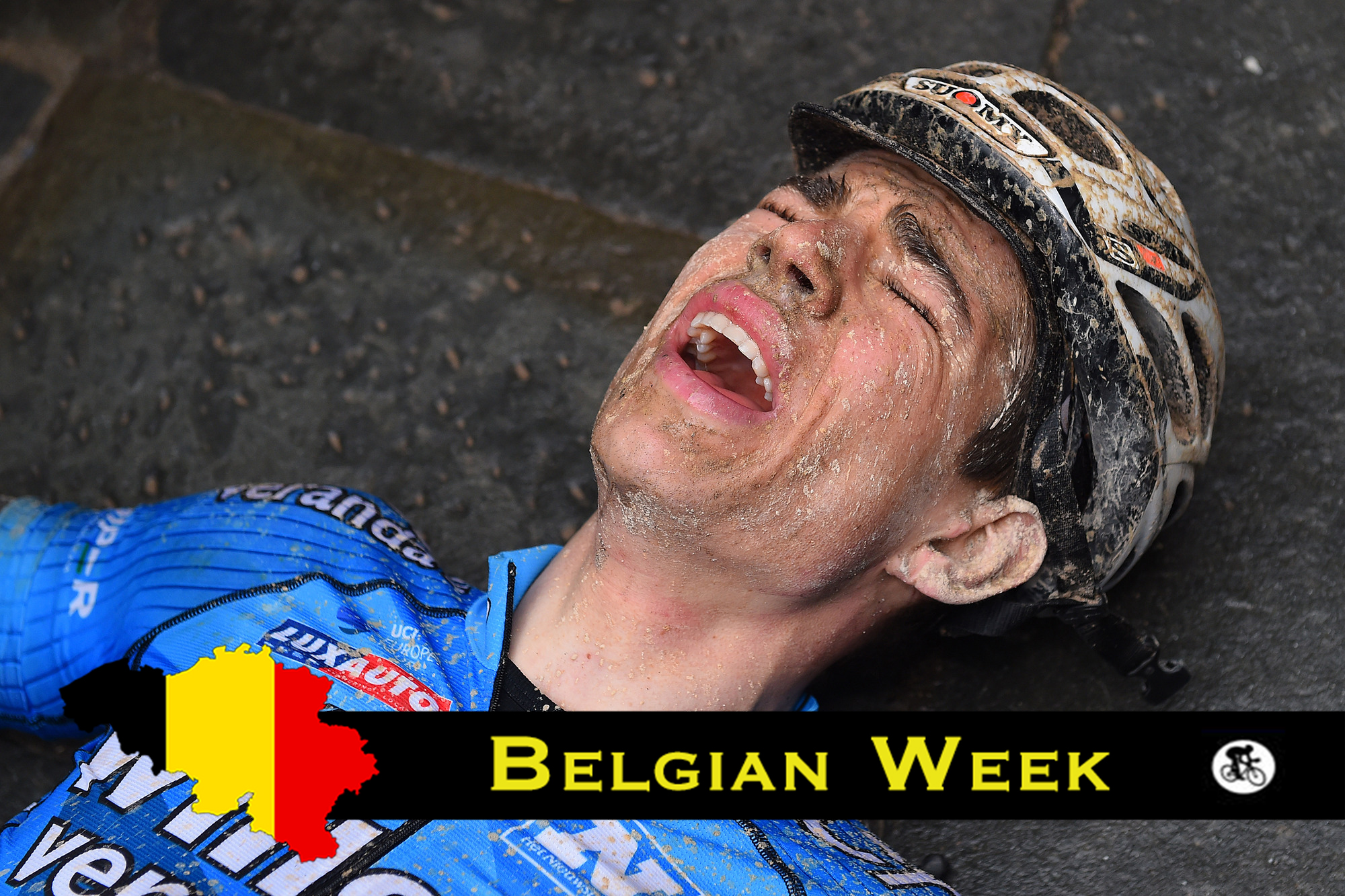
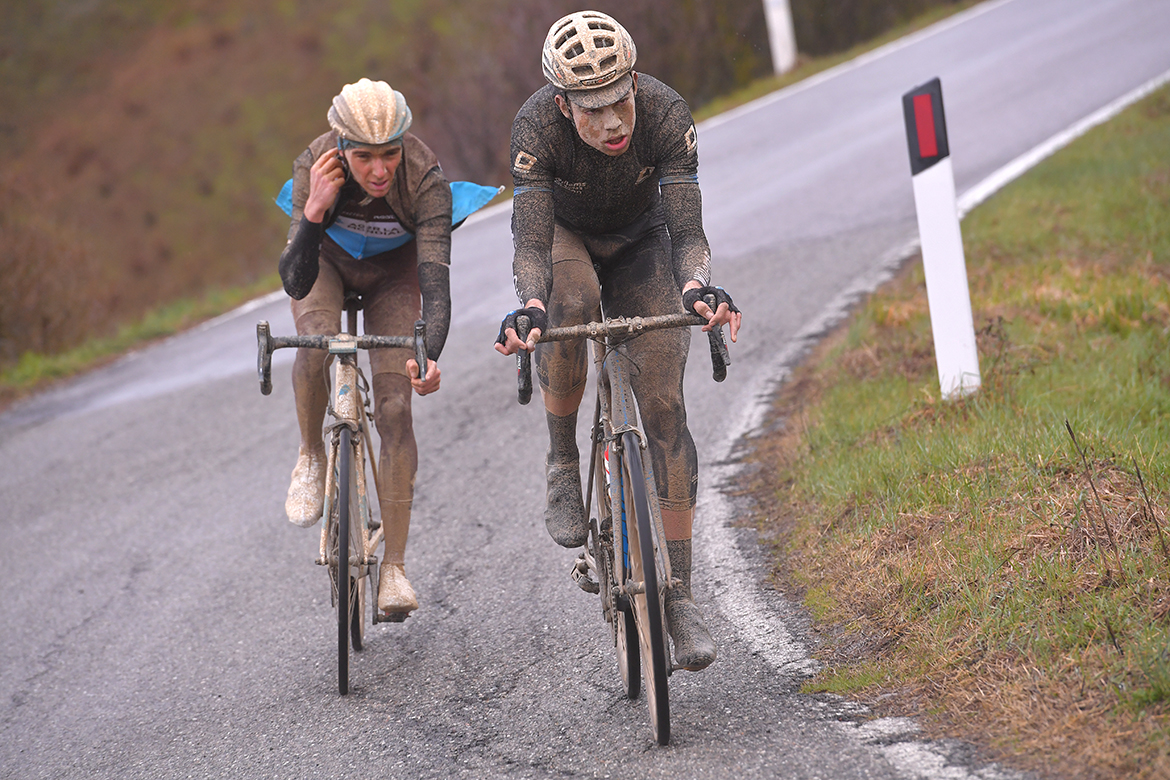
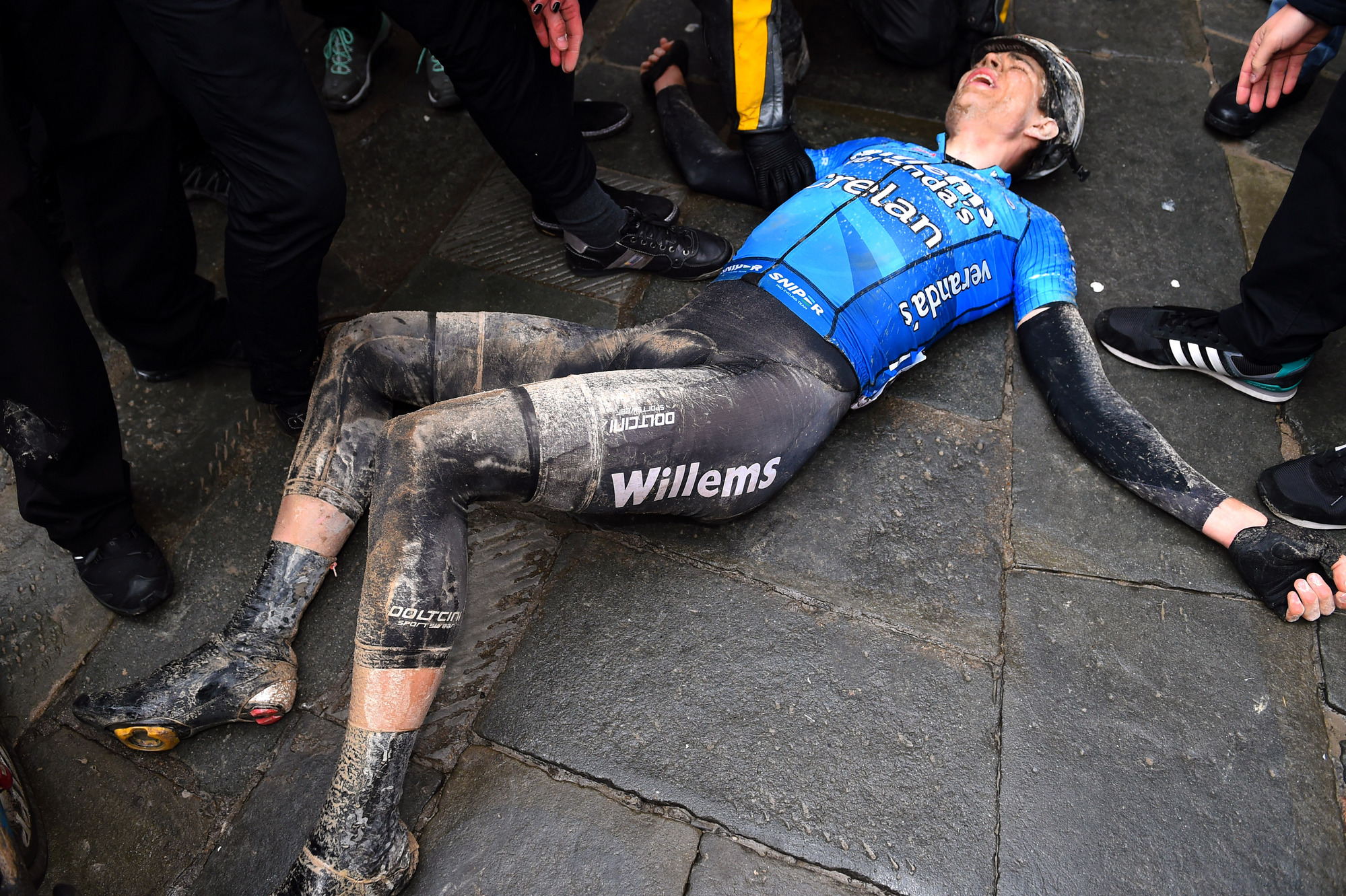
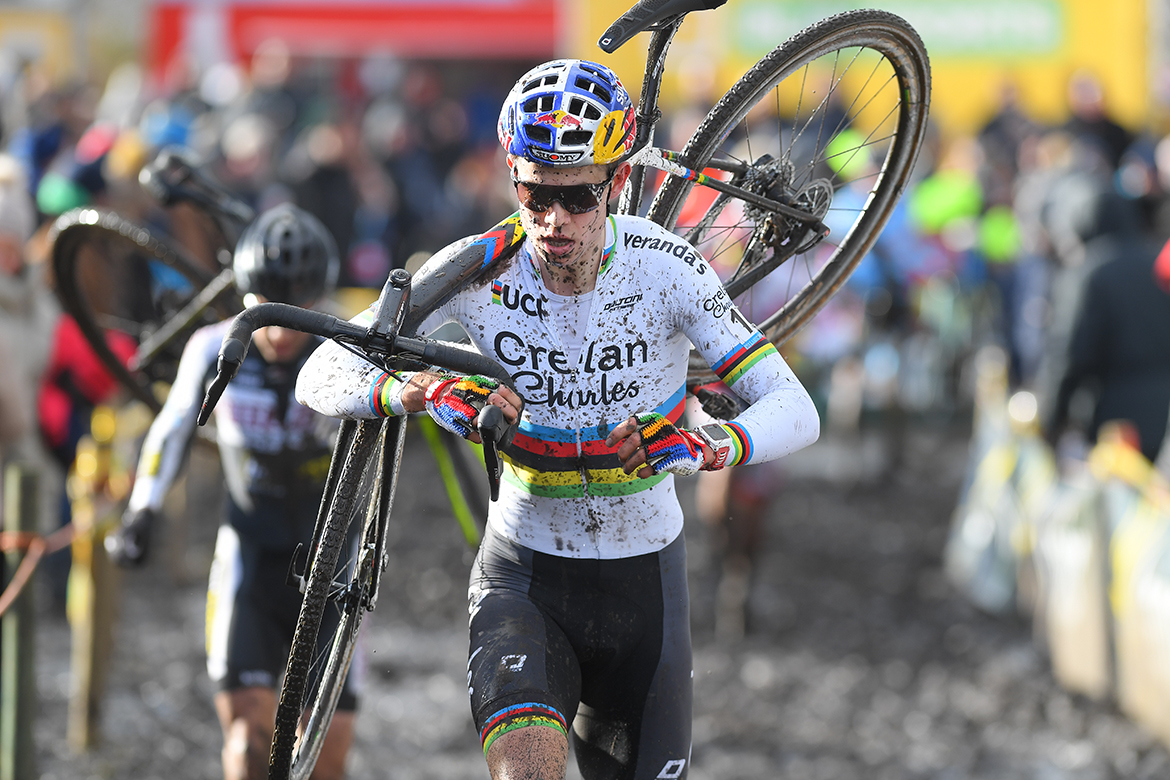
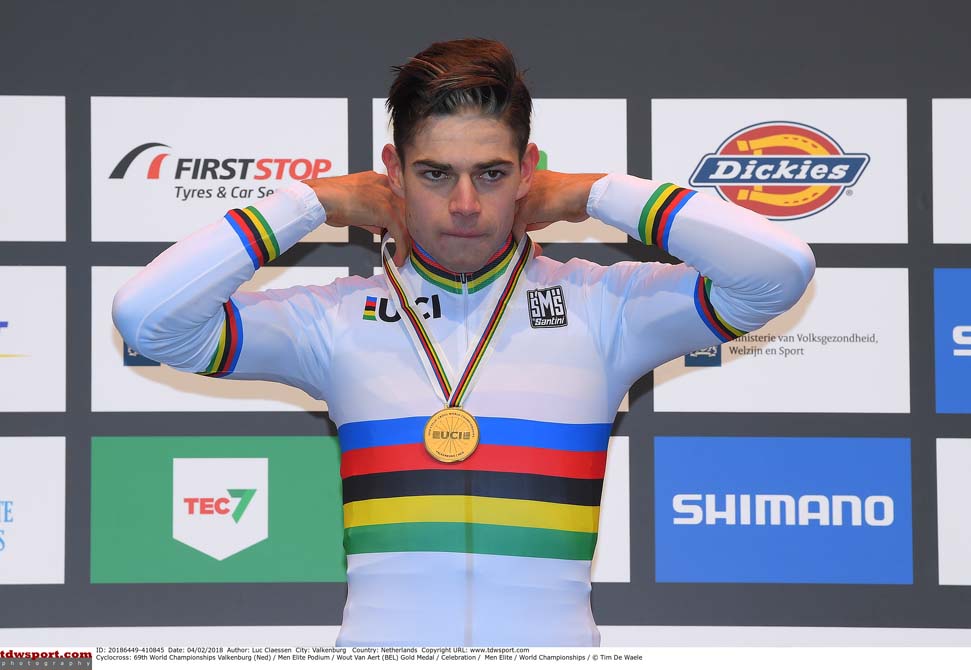
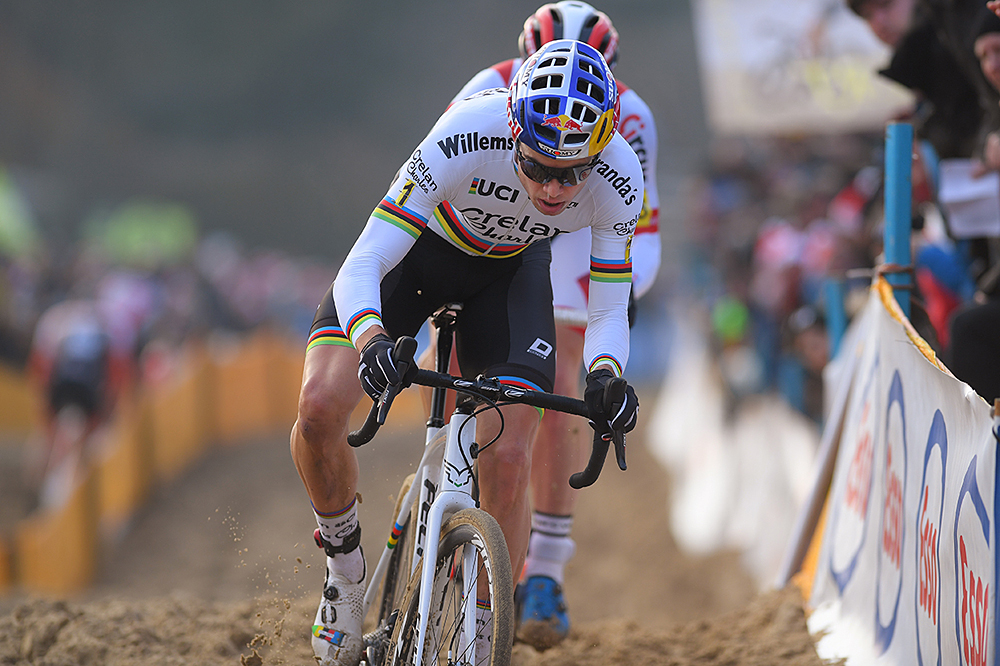
In the latest instalment in Cyclingnews' 'Belgian Week' series of features, Jan-Pieter de Vlieger, cycling correspondent at Belgian national newspaper Het Nieuwsblad, profiles rising star Wout Van Aert.
For all our Belgian Week content, click here.
With 20 kilometres to go in Strade Bianche, Roger De Vlaeminck sends a text message. He's watching the race at his home in Kaprijke, in his electric adjustable easychair. He writes: "Van Aert is going to win. Strongest rider in the race."
Van Aert didn't win, he came third. "Too much at the front," De Vlaeminck observed. "Foolish boy. But mark my words, next year he'll be the strongest Belgian rider in the Classics."
It is safe to say that what Van Aert did in Strade Bianche was extraordinary. He must be the first rider since Roger de Vlaeminck to impress Roger De Vlaeminck.
When Van Aert first announced that he would ride the Classics after an exhausting cyclo-cross winter, many armchair experts like myself were convinced that he was biting off more than he could chew. No-one really believed he would be up to par with 'fresh' World Tour-riders.
Even Zdenek Stybar wasn't too optimistic. "It's not going to be easy for Wout," he predicted. "If he thinks he can win races, I really fear for him." Stybar knows what he is talking about; he switched from cyclo-cross to road racing himself in 2012 and experienced just how challenging the transition is.
The latest race content, interviews, features, reviews and expert buying guides, direct to your inbox!
Van Aert is coached by Marc Lamberts, who had worked with Jurgen Van den Broeck before. Lamberts himself was at times worried that his rider was trying something that just couldn't be done.
Physiologically, cyclo-cross is very different to road racing. It's super explosive, one hour constantly 'in the red'. Doing about 30 cross races in the winter is perhaps the worst possible way to prepare for a road season. Tom Boonen joked that if Van Aert does well in the Tour of Flanders and Paris-Roubaix in the coming weeks, then all conventional wisdom about training and periodisation goes out the window.
Yet after Van Aert's performance at Strade Bianche there is little doubt that he physically has what it takes to indeed become Belgium's 'next big thing'. Again, Tom Boonen underlined that it remains to be seen what he can do in races longer than 250 kilometers, but with his tall and muscular build, he seems tailor-made for the cobbled classics.
An interesting character
Van Aert is an interesting character as well. His mental coach Rudy Heylen describes him as "dominant and socially intelligent". Anyone who has spoken with him or interviewed him at length will easily agree.
I remember the first time I spoke to Wout van Aert. It was at the Belgian Cyclo-cross Championships in 2014 and it was a bit of a mess. As the big favourite in the U23 race, he had just been disqualified after a false start. He did not take the decision particularly well; while the rest of the peloton restarted the race, he broke free from the UCI judge who had escorted him away, jumped onto his bike and furiously started chasing the pack. He caught up with them very quickly, but eventually caved in because officials threatened to suspend him if he didn't leave the race.
I approached his campervan minutes after all this drama – all caught on national television – and expected to find a hugely upset 19-year-old boy, most likely reluctant to talk to the media. Instead, Van Aert invited me in and calmly explained what had happened. "This false start was entirely my fault, but the judges handled the situation poorly," he said. It was difficult to disagree.
Last year, before the Cyclo-cross World Championships in Bieles, Van Aert was again in the eye of a storm. In the week leading up to the race, his rivals Kevin Pauwels and Mathieu van der Poel had both undergone anti-doping tests and posted the paperwork of this test on Twitter. It showed that they had not taken any supplements or requested Therapeutic Use Exemptions (TUEs). Former pro Adrie van der Poel, the father of Mathieu, followed up with a tweet of his own: 'Who's next?'
The question was clearly aimed at Van Aert. He had missed the race at Hoogerheide the week before because of a knee injury. His rivals seemed to suspect that he had requested a TUE for a cortisone treatment, which could give him an unfair performance-enhancing advantage during the Worlds. Van Aert was very much aggrieved by all this innuendo, but at the official press conference he was again calm and collected: "I will not publish any anti-doping documentation, but since you're all waiting for this, I will confirm that I did not request a TUE."
No more choking
Nowadays Van Aert comes across very level-headed and self-assured, but for a long time he had a problem of 'choking'. From the U23s onwards he was always the big favourite in any cyclo-cross championship where he took to the start. And yet very often stress got the better of him.
In 2015 he was warming up for the Belgian Championships in Erpe-Mere, when suddenly he had some technical problems with his chain. This was meaningless in itself, but in Van Aert's head it was a clear sign: again, this was not going to be his day. He returned to his camper and told his mother: "Don't go too far during the race, I might be back sooner than you think." Van Aert finished the race, but only in third place.
After this experience, Van Aert contacted Rudy Heylen, a well-respected mental coach who had previously worked with Niels Albert. Somehow, Heylen helped Van Aert to overcome this 'championship complex'.
Surely there was more to it, but Heylen made Van Aert write 100 times the same three words: Ik, fiets, focus (I, ride, focus). It's a sort of mantra that reminds Van Aert not to get distracted by any outside influences. It must help tremendously, because Van Aert has won both the Belgian and the World Championships three times in a row now. Last year he published a book about how he experiences his life in cyclo-cross. It was titled 'Ik fiets focus'.
Every WorldTour team wants to sign Van Aert
For the time being, the big question is how long Van Aert will continue this near-impossible balancing act of combining both cyclo-cross and road.
For now, he defines 'cross as his "core business, the reason why I took up cycling," but it seems almost inevitable that in time he will outgrow the discipline. Not necessarily financially; money might even be a reason to stay in cyclo-cross. It might be small, but economically it is very healthy and the top riders earn big salaries – probably more than road teams are willing to pay for a rider who hasn't won a single WorldTour race.
Van Aert is still under contract with the Continental-level Vérandas Willems-Crelan team until the end of 2019, but there is no doubt that the top teams are watching him closely.
After the Strade Bianche, Het Nieuwsblad contacted all 18 World Tour-teams and asked if they were interested in signing Van Aert. The answer was a unanimous 'yes'.
"Look mate," Mitchelton-Scott director Matt White said, "if anybody tells you that they're not interested in signing Van Aert, they're just lying." Marc Madiot of Groupama-FDJ was just as firm: "I want Van Aert in my team as soon as possible," he said. "You can see it easily: this guy is going to be big."
